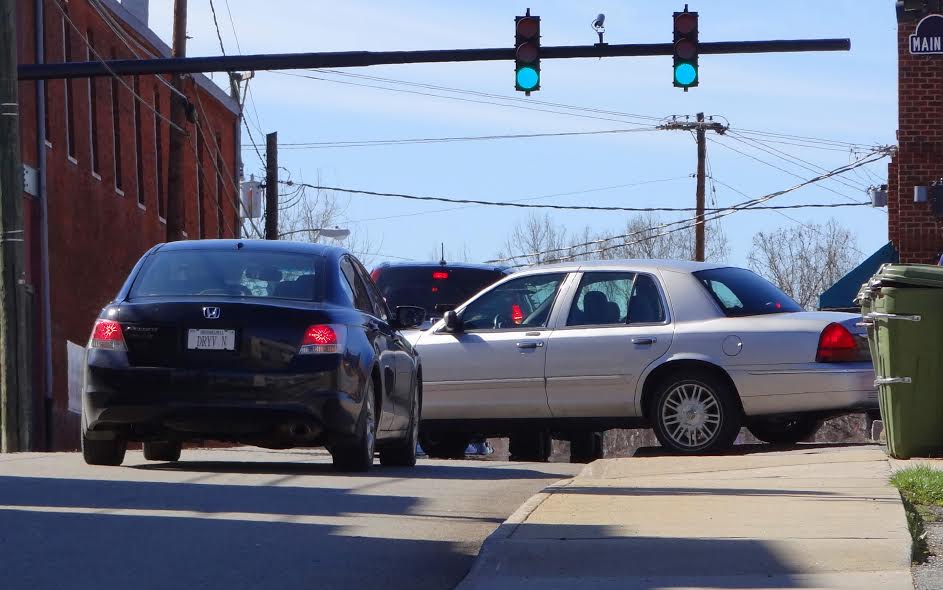A new survey conducted by the Boston Group reveals that lower insurance costs is by far the second biggest reason US residents would buy a self-driving car, closely trailing safety concerns as the top endorsement.
And the numbers are large. Of the 1,500 drivers interviewed by researchers, 55% said they were likely to buy a semi-autonomous car while 44% said they would buy a fully autonomous vehicle in 10 years.
“When, if ever, will a faultless driver be ‘legally responsible’ for an accident or be ‘legally entitled’ to recover from a faultless, uninsured motorist?” said Robert Peterson, director of the Center for Insurance Law and Regulation at Santa Clara University. “If [the primary responsibility] is on the operator, will it be passed to the manufacturer? How will all of this impact premiums for insurers?”
Peterson is also interested in the clash between state law in California—the largest insurance market in the US—and the practicalities of self-driving cars.
“California operates its private automobile insurance market under Proposition 103. This law imposes some mandatory rating factors, such as driving record and the “good driver discount” that make little sense when the cars drive themselves,” Peterson told Insurance Business. “Also, it is awkward to adjust rates as risks rapidly change with improvements to programming, mapping, etc.”
These and other complications will make it difficult for insurers to adequately base auto rates when the cars are initially introduced. However, many insurance companies are already considering offering discounts for drivers who purchase semi-autonomous vehicles.
In Europe, for example, customers who purchase a new Volvo with pedestrian protection technology qualify for lower premiums as the cost of pedestrian accidents to insurance companies is significant.
Those discounts are already spreading to the US, and will likely slash the estimated $800 Americans spend on car insurance each year to a significant degree.
After all, as David Carlisle of the auto industry consultancy Carlisle & Company says – “If the car can’t wreck anymore, those premiums have got to go down drastically.”
Article Source: Insurance Business America
For a no obligation insurance quote, call Elissa at 707-935-6294 x 102 or Email your question.


 RSS Feed
RSS Feed
